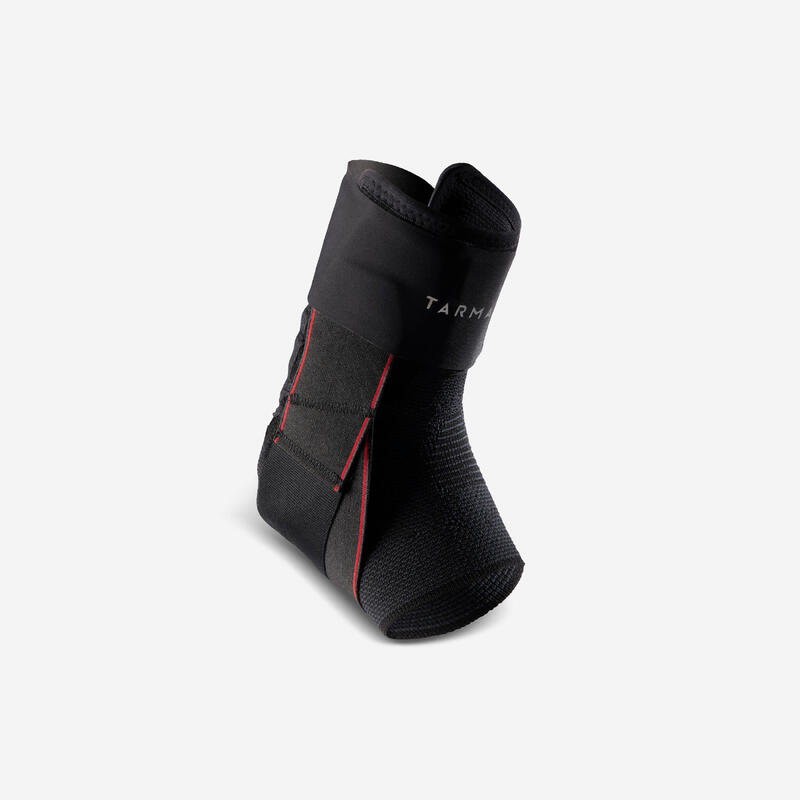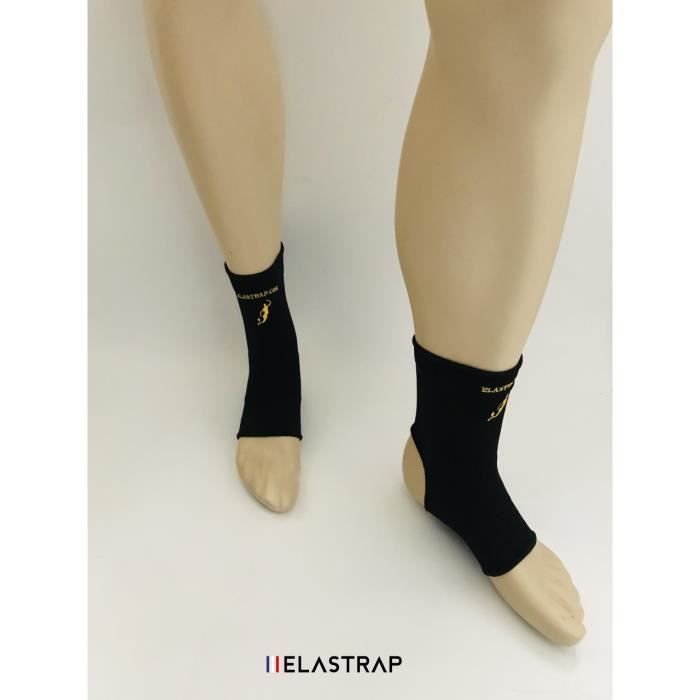
Attelle cheville chevillère élastique maintien - Football, Rugby, Handball, Volleyball, Basketball, Tennis, Running, Musculation... - Cdiscount Sport
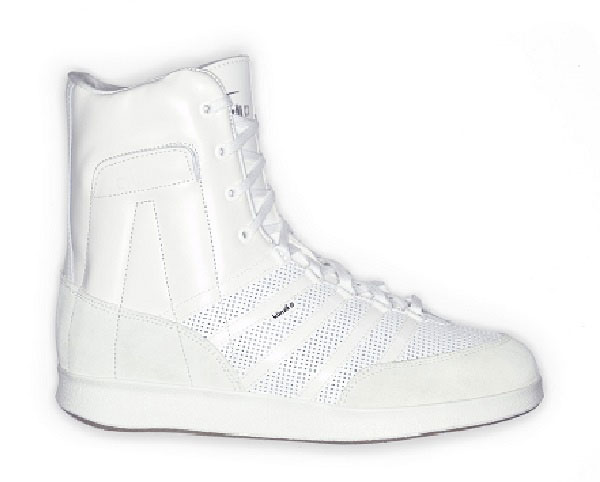
Chaussures de stabilisation de la cheville Künzli Ortho Aero Künzli 45596 : Distributeur national EXCLUSIF d'orthèses auprès des particuliers et professionnels

Bandage Cheville,Protège Cheville Support Bandage de Tendon d'Achille Respirant Réglable élastique Protège Chevillere Entorse pour Football Volleyball Basketball Running pour Homme et Femme(1 Pièces) : Amazon.fr: Hygiène et Santé

Basket professionnelle de travail ISO EN 20347 femme aide a domicile infirmier auxiliaire de vie médical | CH754 | L'Echoppe

Keenso Support de Cheville Respirant pour entorses et blessures, Bandages pour Course à Pied, Basket-Ball, entorse de Cheville, Homme et Femme : Amazon.fr: Hygiène et Santé
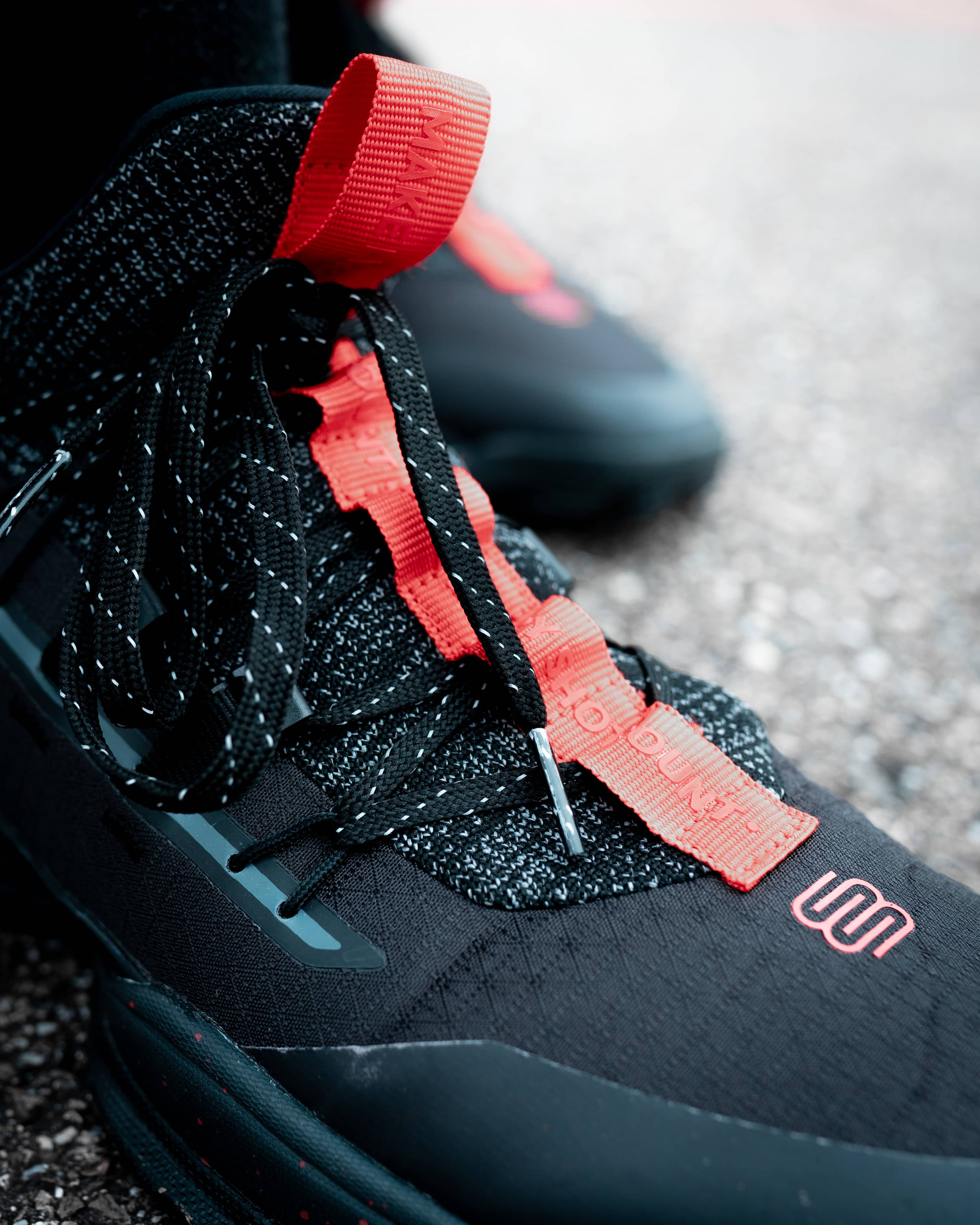

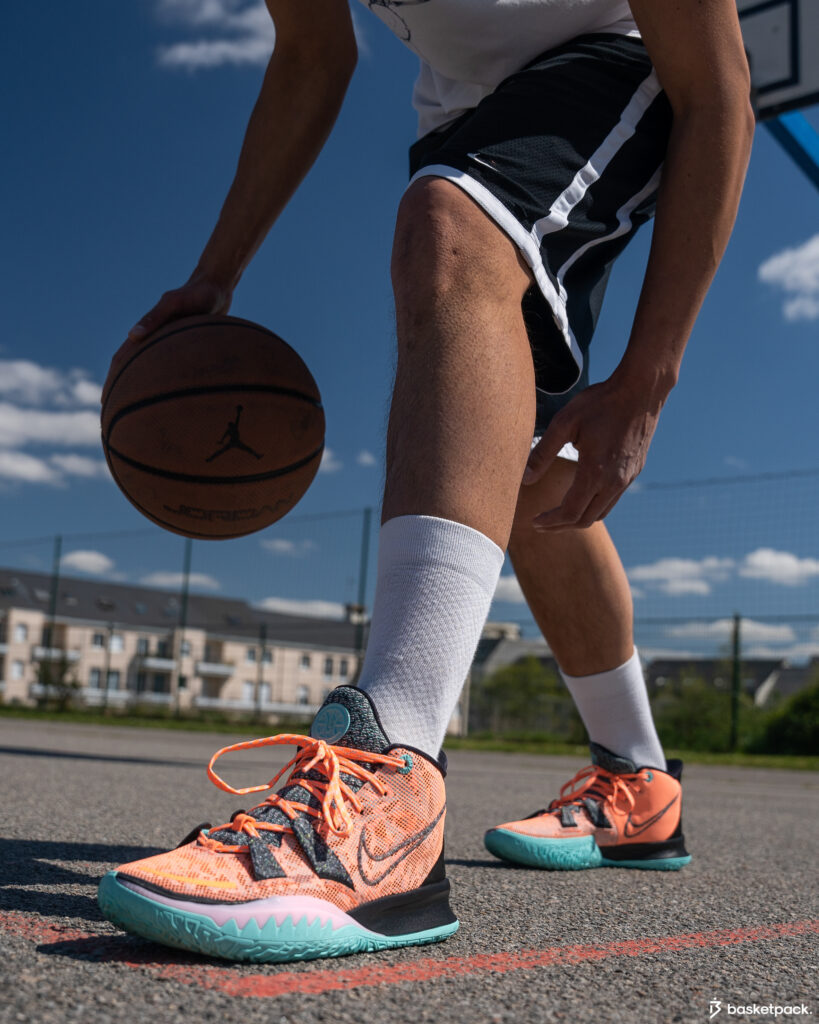


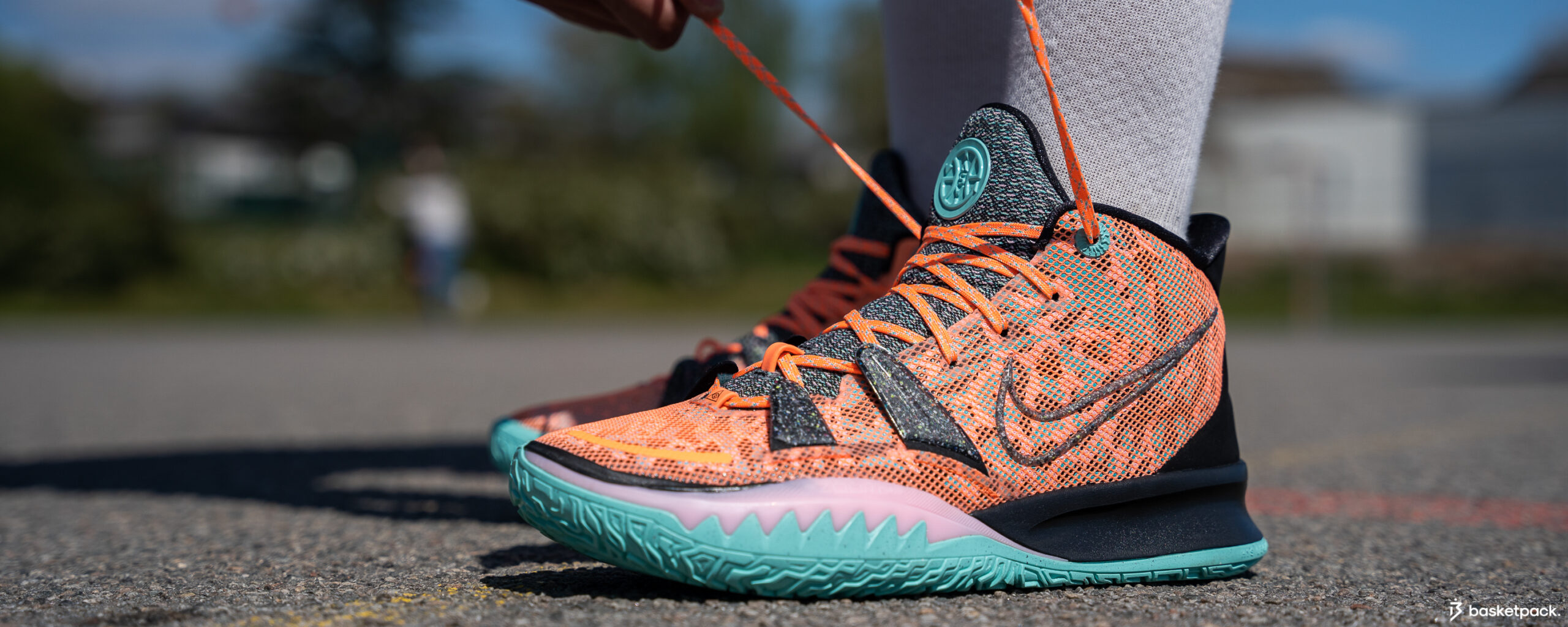

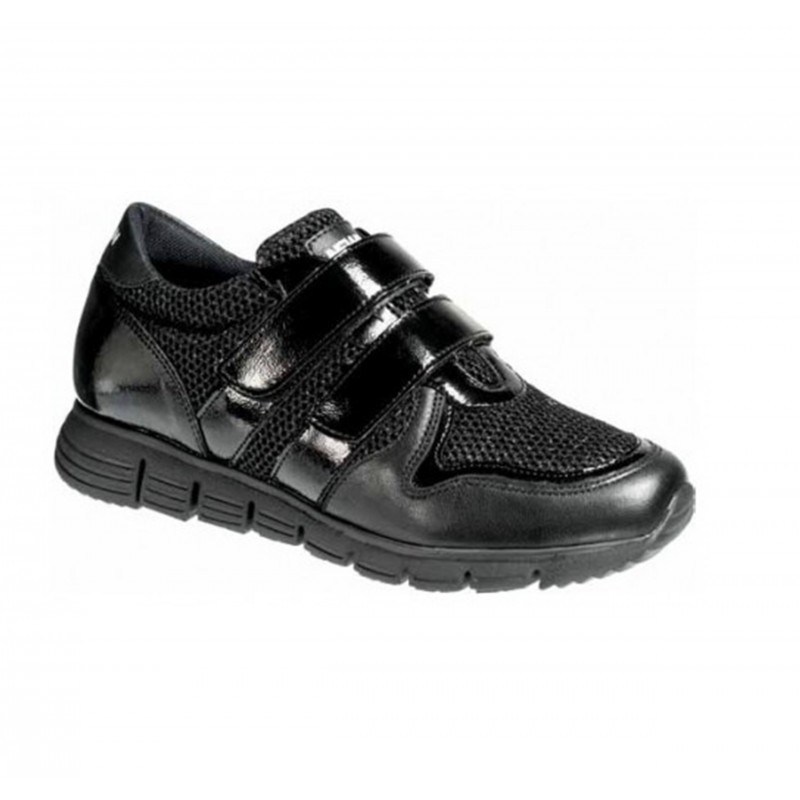

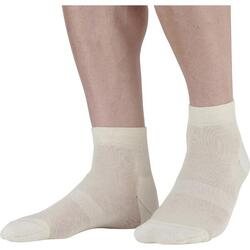










![Tests : les meilleures chaussures de randonnée 2023 [Femme] Tests : les meilleures chaussures de randonnée 2023 [Femme]](https://www.outside.fr/wp-content/uploads/2023/06/womens-hiking-boots-sgg23_h-1.webp)
